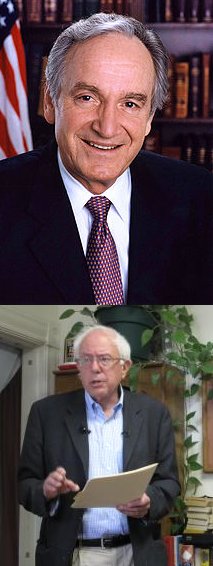KEI files amicus brief in BRCA gene patent case
Since May 2009, the ACLU and Public Patent Foundation (PUBPAT) have been litigating a case involving the patent eligibility of two human genes, BRCA1 and BRCA2, associated with ovarian and breast cancer. ACLU and PUBPAT, representing the petitioners, Association for Molecular Pathology, among others, have argued that human genes are not patentable and that patents on such objects stifle diagnostic testing and further research.

 Today, on the eve of discussions on the Standing Committee on Copyright and Related Rights (SCCR) at the WIPO General Assembly, Senators Harkin (D-IA) and Sanders (I-VT) submitted a letter to Director David Kappos of the US Patent and Trademark Office. This letter recommended USPTO’s support for the timely consideration of a treaty for the benefit of persons who are visually impaired or have other disabilities.
Today, on the eve of discussions on the Standing Committee on Copyright and Related Rights (SCCR) at the WIPO General Assembly, Senators Harkin (D-IA) and Sanders (I-VT) submitted a letter to Director David Kappos of the US Patent and Trademark Office. This letter recommended USPTO’s support for the timely consideration of a treaty for the benefit of persons who are visually impaired or have other disabilities.